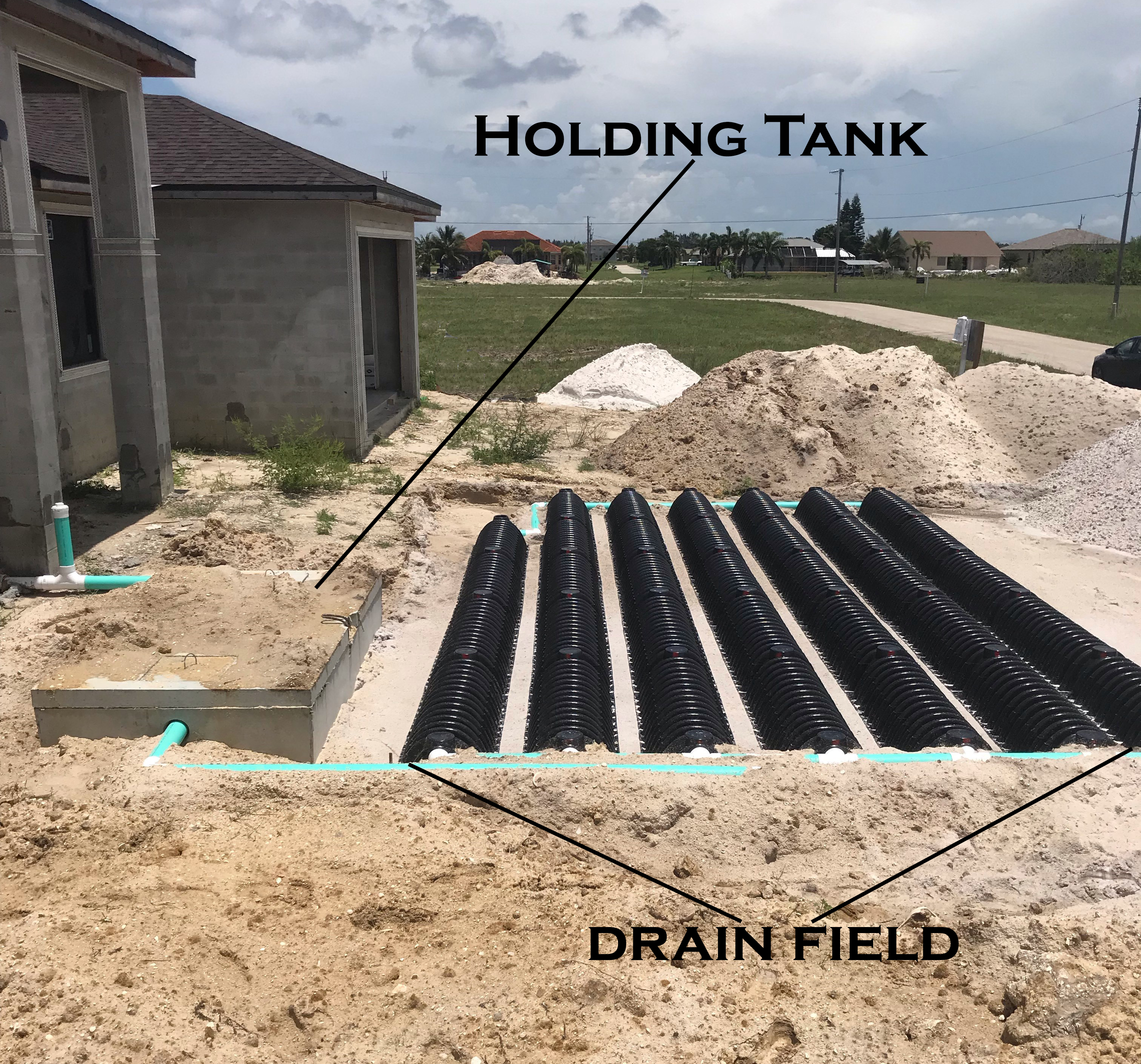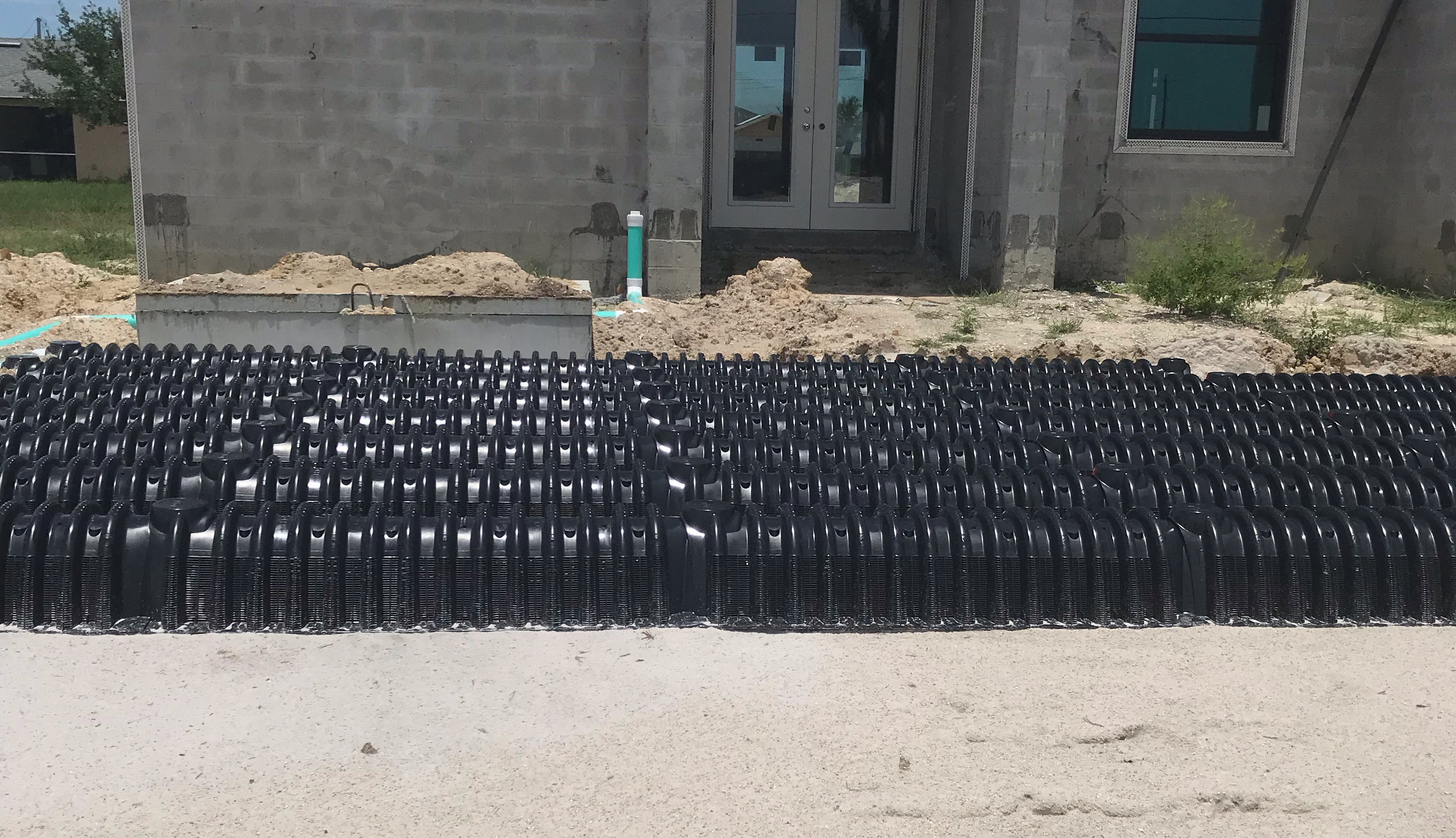Indoor plumbing is arguably one of the most important technological advances of the modern age. Proper management of wastewater has helped to dramatically increase the average life expectancy of humankind as well as decrease societies susceptibility to waterborne diseases. Modern septic systems treat waste produced inside your home by toilets, showers, washing machines, and faucet use. Failure to maintain the system can cause huge and sometimes costly problems for homeowners. Here are some general rules that will keep your system functioning for the life of your residency. 
- Toilet paper and human waste are the ONLY things you should be flushing down your toilet. Excess food waste down a drain or garbage disposal can drastically increase the amount of sludge in your septic tank. Grease and all other food scraps should be disposed of with regular garbage. If you tend to put a lot of food waste down the disposer it may be a good idea to add a grease interceptor between the kitchen sink and septic tank. You should also never dispose of anything non-biodegradable using your septic system. Common problematic items include cigarette butts, feminine products, condoms, disposable diapers, paper towels, or any other plastic or non-biodegradable items.
- Protect the area where your septic tank is buried. Septic tanks should be installed under an area of soft ground with relatively low traffic. Excess weight from driving even small vehicles over it could cause the tank to collapse, leaving you a very costly and smelly repair to deal with. Excess water in the soil and above ground can cause a similar problem so it is important to pay special attention to the drainage tables around the septic system. Automatic sprinkler systems in the area are also not recommended.
- Limit excess water use with a few simple efficiency practices. Easy water saving habits can go a long way in preserving and extending the life of your septic system. Not letting faucets run while shaving or brushing your teeth can save gallons of water a day. Installing more efficient faucets and toilets can also cut household water use nearly in half. Prevent unnecessary water waste by addressing and repairing any leaky faucets or pipes. Even a small drip can add up over a long enough period.
- Maintain a consistent maintenance schedule and always consult a licensed professional when fixing or modifying your septic system. As a homeowner it is important to know the location of your septic tank and drain field along with a sketch and your maintenance records for future service visits. You should also keep a detailed record of any inspections, pumping’s, permits, and any other maintenance activities. It’s also highly recommended to have your system inspected annually by a licensed professional to take preventative action before small issues become big problems.
Educating everyone in your household about proper septic system care will have a direct effect on the overall health and lifespan of your system, possibly saving you thousands of dollars in the process.

